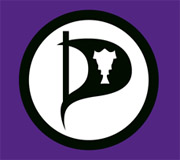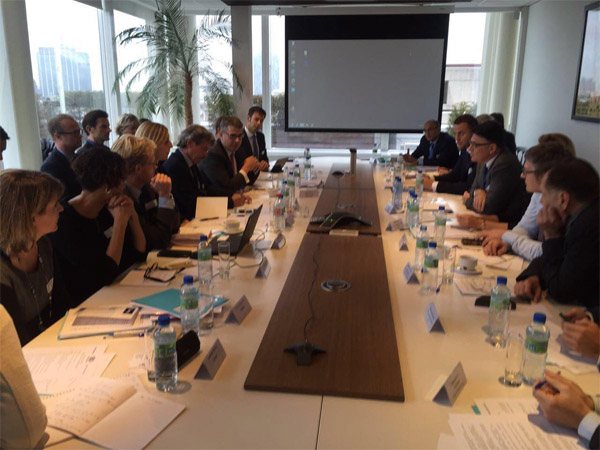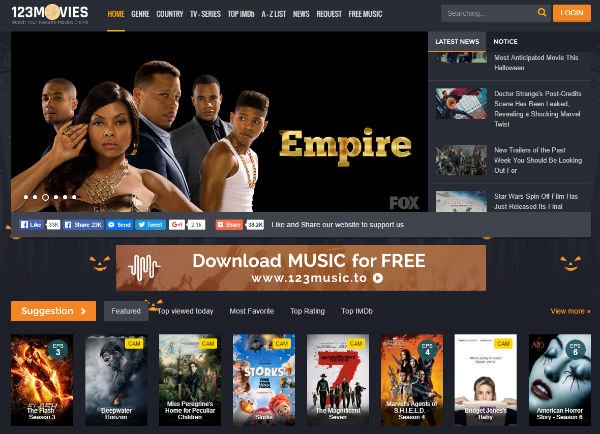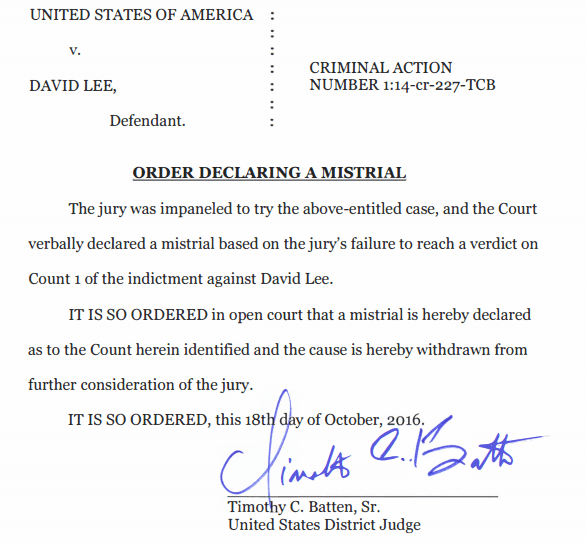iKeepSafe Inadvertently Gives Students a Valuable Lesson in Creators’ Rights
dimanche 23 octobre 2016 à 20:06Children and students of all kinds are some of the most valuable assets to society. After all, they’re literally the future of the planet. As a result, hundreds of groups around the world dedicate themselves to protecting their interests, from general welfare and healthcare to Internet safety.
One of the groups dedicated to the latter is the Internet Keep Safe Coalition (iKeepSafe), an alliance of policy leaders, educators, law enforcement and technology experts.
iKeepSafe has launched a new initiative in partnership with pro-copyright/anti-piracy group Creative Future called the Contribute to Creativity Challenge.
“We know that when students are given the opportunity to be creative, they not only learn to make conscious choices about sharing their creative work, but they also understand the value of respecting the rights of other creators,” iKeepSafe says.
The challenge is a competition which requires students to submit electronic projects that center around the importance of behaving well online, such as respecting copyright and related rights.
“To participate, each entrant will need to submit an electronic project educating others about the importance of being an ethical, responsible online digital citizen,” iKeepSafe notes.
“The submissions will be judged according to the judging rubric and the winning entries will each receive a $75 Amazon gift card for books or classroom supplies.”
For those submitting entries the exercise of considering what makes a good digital citizen should be an enlightening one. Indeed, the creative process itself should also be enjoyable and educational, further sweetened by the prospect of a few bucks should the entry be a winner.
But for those young creators getting involved, there’s another equally valuable lesson to be learned from this exercise, even at the tender age of 12.
It’s quite likely that some participating students will be considering getting involved in the business of content creation, whether that’s in the music, movie, TV, or publishing sectors. With that in mind, they should consider the terms and conditions of any contracts entered into. This competition is a great place to start.
The Contribute to Creativity Challenge has five pages of T&Cs (pdf). They include rules that submitted content cannot infringe other people’s intellectual property rights or condone any illegal activities, which is fair enough.
However, since this is all about being creative and respecting creators’ rights, we took a look at what rights these young creators will have over their content after it’s submitted to the competition and what uses it will be put to thereafter.
“By entering the Competition, each Entrant hereby grants to Promoter and their assigns, licensees and designees a non-exclusive, irrevocable, perpetual license to use, copy, publish, and publicly display the Entry and all elements of the Entry (including, but not limited to, the Entrant’s name, city and country, biographical information, statements, voice, photograph and other likeness (unless prohibited by law)) in whole or in part,” the conditions read.
Of course, some kind of license is required if the competition operators are to be able to do anything with the entries. However, it also means that whether the entrant likes it or not (or even understands the legal jargon), their submitted work can be published along with their photographs until the end of time by iKeepSafe, “in any and all media either now known or not currently known, in perpetuity throughout the universe for all purposes.”
In perpetuity. Universe. All purposes. And, just to be clear, “without notification and without compensation of any kind to Entrant or any third party.” (emphasis ours)
Of course, there will be many students who will relish the thought of their projects gaining some publicity since that could really help their profile. However, it seems likely from the conditions of the competition that what iKeepSafe really wants is free material for upcoming campaigns.
“The Promoter shall have the right, without limitation, to reproduce, alter, amend, edit, publish, modify, crop and use each Entry in connection with commercials, advertisements and promotions related to the Promoter, the sale of Promoter’s products, the Competition and any other competition sponsored by Promoter, in any and all media, now or hereafter known, including but not limited to, all forms of television distribution, theatrical advertisements, radio, the Internet, newspapers, magazines and billboards,” the conditions read.
The eagle-eyed will have noticed that student entrants grant iKeepSafe a non-exclusive license, which usually means that they are also free to exploit their works themselves, a luxury that an exclusive license does not offer. While that’s a good thing, a subsequent clause could conceivably muddy the waters.
“Entrant agrees not to release any publicity or other materials on their own or through someone else regarding his or her participation in the Competition without the prior consent of the Promoter, which it may withhold in its sole discretion,” it reads.
Just to be absolutely clear, there’s no suggestion that iKeepSafe are leading students down a dark path here, since their overall goal of promoting ethical behavior online is a noble one. That being said, would it really hurt to properly compensate student creators featured in subsequent campaigns that will largely exist to help businesses?
After all, the message here is about being ethical, and with Creative Future on board – which represents rightsholders worth billions of dollars – there’s more than a little bit of cash lying around to properly compensate these young creators.
Perhaps the key lesson for students and other creators to be aware of at this early stage is that some companies and organizations will be prepared to exploit their creative work while giving little or indeed absolutely nothing back.
Today it’s a harmless school project competition entry on ethics, but in a few years time it could be something worth millions, ask George Michael.
Finally, if being ethical and responsible really is the goal, perhaps students and competition operators alike should consider a much less restrictive Creative Commons license.
Source: TF, for the latest info on copyright, file-sharing, torrent sites and ANONYMOUS VPN services.
 Founded in 2006 by Rick Falkvinge, the Pirate party movement has scored some significant victories over the years.
Founded in 2006 by Rick Falkvinge, the Pirate party movement has scored some significant victories over the years. “This will change how Iceland functions as a democracy, transitioning into a much more meaningful democracy. The Pirates are focused on decentralization of power, access to information and civil and human rights. The pillars of any meaningful notion of democracy.”
“This will change how Iceland functions as a democracy, transitioning into a much more meaningful democracy. The Pirates are focused on decentralization of power, access to information and civil and human rights. The pillars of any meaningful notion of democracy.” 
 Website blocking has become one of the favorite anti-piracy tools of the entertainment industries in recent years.
Website blocking has become one of the favorite anti-piracy tools of the entertainment industries in recent years.
 Assisted by police in France and the Netherlands, the
Assisted by police in France and the Netherlands, the 